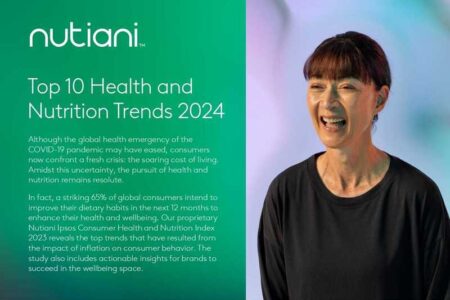‘Reassess scientific criteria before rejecting Article 13.1 claims’
The scientific methodology for the assessment of article 13.1 health claims in the European Union should be changed for the sake of innovation, say three European trade associations.
In joint comments submitted at the end of January on the final three batch opinions from EFSA and the risk management decisions taken on the basis of those opinions, the EHPM, EBF and ERNA said that a distinction between maintenance and improvement in the scientific assessment procedure is essential to avoid unnecessary rejections of health claims.
The groups said that the way in which the assessments are currently done makes it “almost impossible to succeed” with a maintenance claim if there is no data supporting an improvement, despite the Terms Of Reference (TOR) on the article 13.1 list recognising that there are health effects that refer to both the maintenance of a function and to an improvement of a function.
They argued that a clear distinction would enable claims of different strengths to coexist on the EU market and have urged the European Commission against establishing a Union Register of rejected claims until the issues of scientific criteria for evaluating these claims has been addressed.
“We appreciate the difficult process the Article 13 list process has gone through because of the lack of clarity and guidance on many aspects,” says ERNA chair Catherine Mignot. “We have also welcomed and supported the many efforts the European Commission has undertaken to try to solve issues that have arisen during the implementation. We nevertheless believe that a number of claims for which evidence is available are now close to rejection because of the approach taken. The current assessment procedure is seriously detrimental to the capacity of companies to innovate and compete on a global market as the methodology is not appropriate for nutritional research.”
The groups have now asked that claims that have received a negative or insufficient opinion after assessment of the evidence remain on hold until their concerns are addressed.



